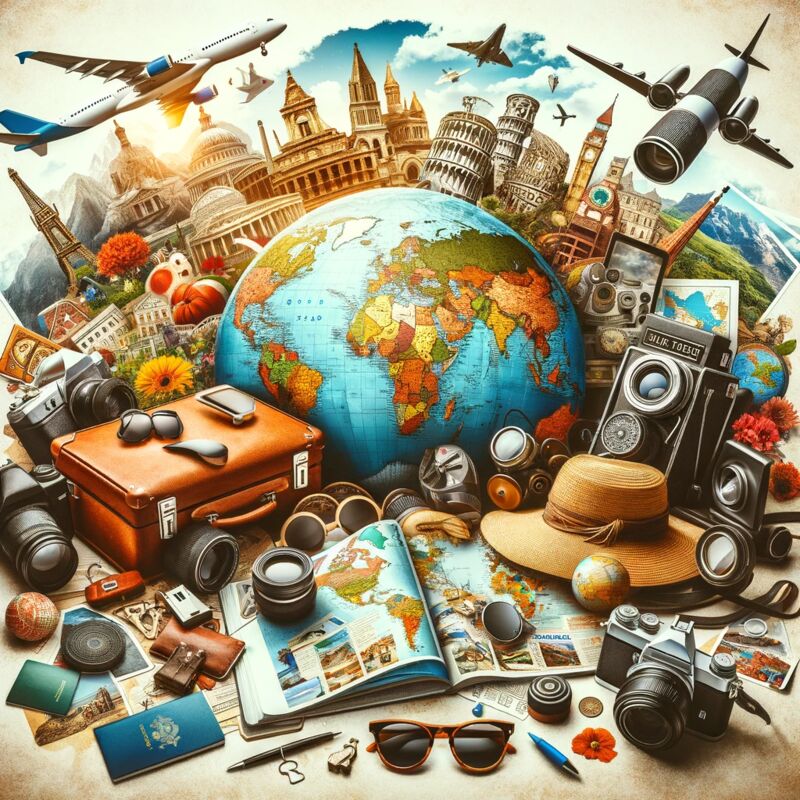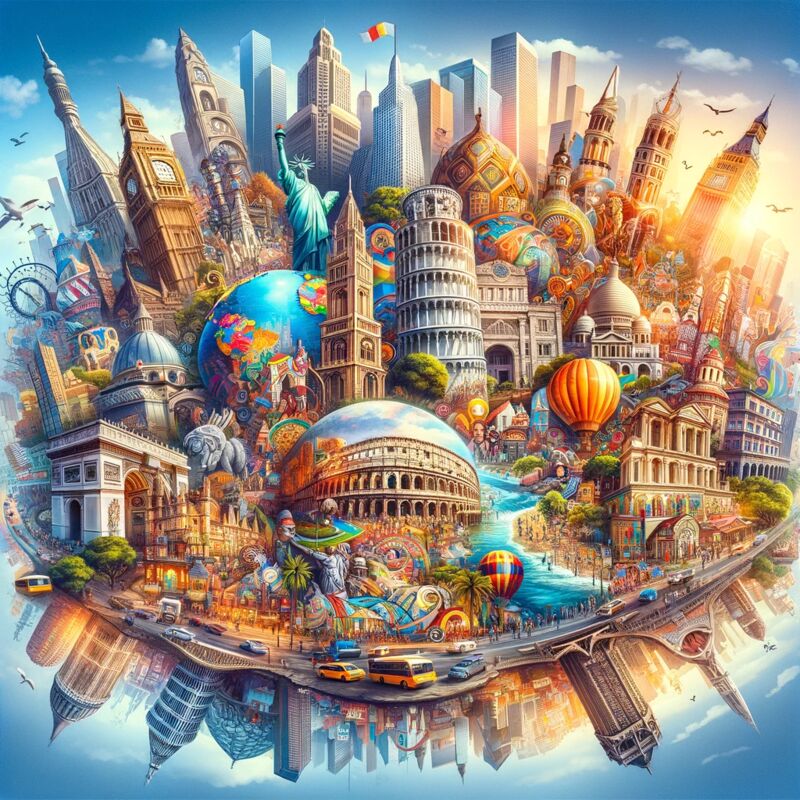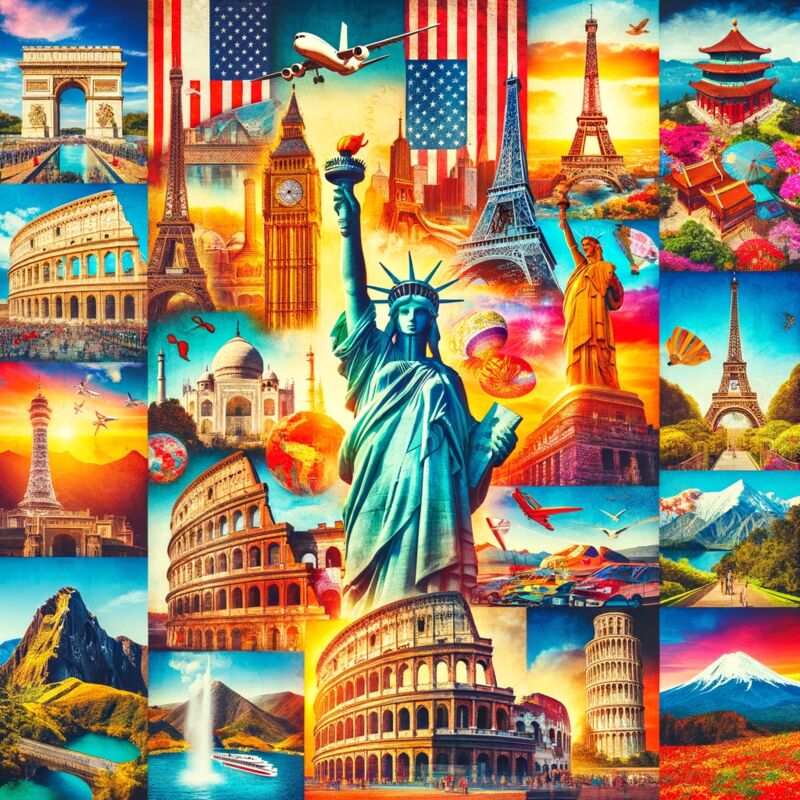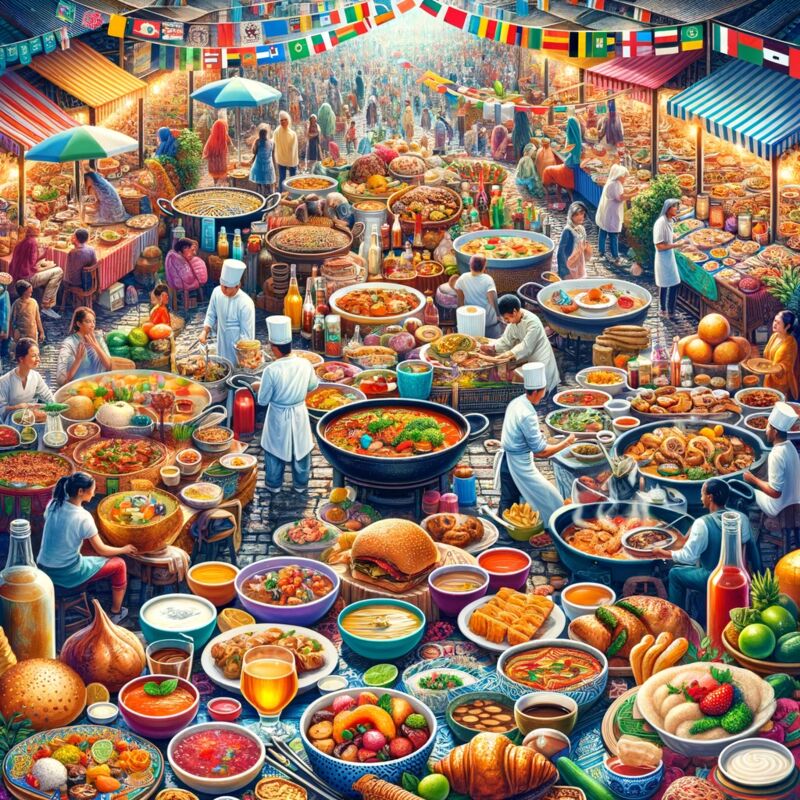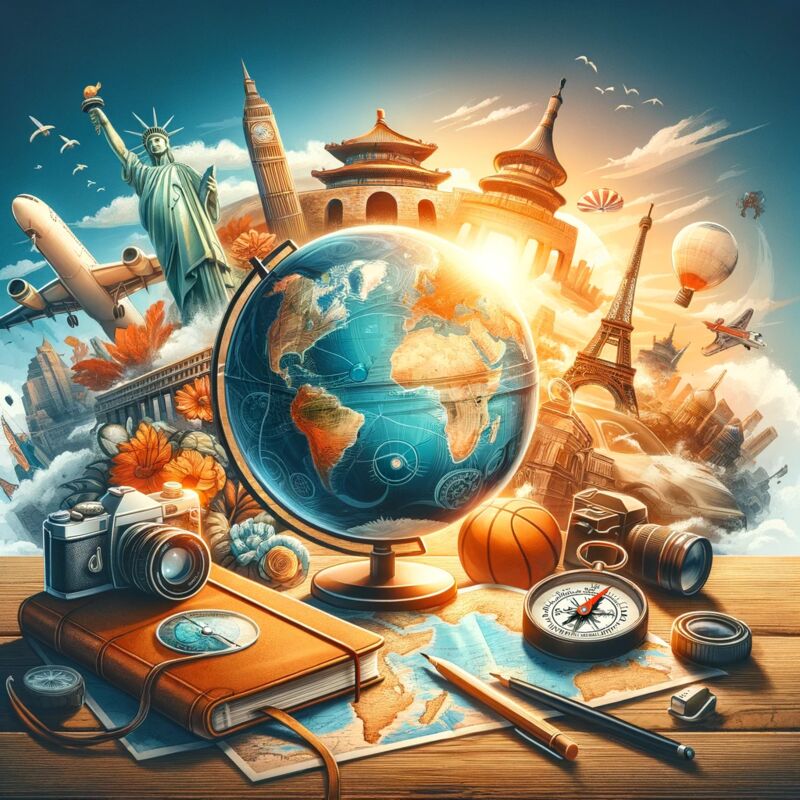Croatian Cultural Heritage and Traditions
Croatia, a European gem nestled against the sapphire waters of the Adriatic, is a nation steeped in history and tradition. From its historic cities to its enchanting countryside, Croatia offers an array of cultural experiences that will enchant the traveler seeking to immerse themselves in local lifestyles.
National Identity and Cultural Symbols
At the heart of Croatian pride lies the red-and-white checkerboard coat of arms, gracing the national flag. The Tamburitza, a traditional string instrument, provides the soundtrack of the nation, resonating with melodious folklore tunes. Meanwhile, the ubiquitous necktie, originating as a Croatian accessory, has become a symbol of professional elegance worldwide.
Living Traditions and Folklore
Folk traditions are vibrantly alive in Croatia, with colorful costumes and dynamic dances defining regional identities. Alka Tournament, a medieval knight competition, and the Split Summer Festival bring drama and festivity to the streets, showcasing local performing arts. Villages and towns across the country celebrate the harvest, olive picking, and wine-making with gusto and communal cheer.
- Advent in Zagreb: Experience the pre-Christmas period in one of Europe's most magical settings.
- The Feast of St. Blaise in Dubrovnik: An illustrious procession venerating the city's patron saint.
- Rijeka Carnival: One of the most boisterous and colorful carnivals in Europe.
Gastronomic Delights
Discover the flavors of Croatia through its diverse cuisine, a palatable reflection of its varied geographical landscapes. Coastal regions are famed for their fresh seafood and Italian influences, while the continental areas offer hearty dishes, influenced by Hungarian and Turkish cuisines. Sample Paški sir (Pag cheese), relish in the richness of Dalmatian pršut (smoked ham), and indulge in the sweet delight of Rozata, a Dubrovnik-style caramel custard.
Religious Practices and Celebrations
Catholicism plays an integral role in shaping Croatian culture, with religious celebrations such as Easter and Christmas holding significant importance. 'Sinjska Alka', a tournament commemorating a historic battle victory under the auspices of the Virgin Mary, draws visitors into a unique experience interwoven with piety and revelry.
Arts, Crafts, and Souvenirs
Traditional crafts such as lacemaking, recognized by UNESCO as intangible heritage, and the artistry of wooden toy crafting in the Hrvatsko Zagorje region, provide insight into the delicate handiwork skills preserved over generations. Souvenirs like the distinctive red hearts of Licitar, and the venerated Penkala pen invention stand as popular tokens of Croatian creativity.
Cultural Immersion Experiences
To truly connect with the Croatian way of life, travelers can stay in local guesthouses, partake in farmers' markets, or embark on a 'gastro-adventure' to savor traditional cooking methods and fresh produce. Engaging with villagers, partaking in a local festivity or attending a folk music performance enhances the journey into Croatia's welcoming heart.
Language and Etiquette
While Croatian is the official language, English is widely spoken by locals, especially the younger population. A few words in Croatian, like 'Hvala' (thank you) and 'Dobar dan' (good day), can open doors to friendly exchanges and warm interactions. Respectful greetings and modest attire at places of worship will be appreciated.
"Srce vuče tamo gdje su korijeni." ("The heart is drawn to where the roots are.") — A Croatian proverb that captures the essence of the nation's bond with heritage and homeland.

